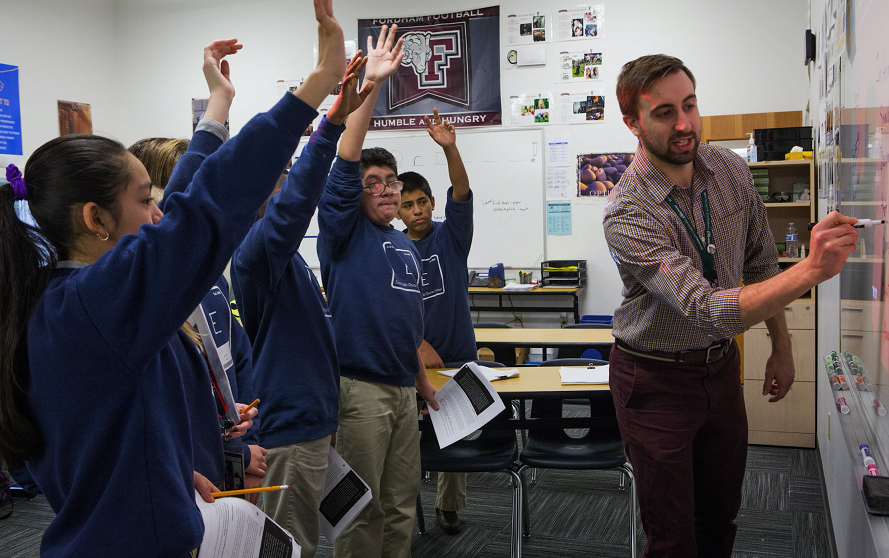When Governor Inslee’s order closed public schools in mid-March because of COVID-19, many parents went online for help. They discovered Washington state has an existing, well-established system of free, public, state-approved and fully accredited, online schools. These online schools have years of experience and expertise. Thousands of students have graduated from online public schools and gone on to college and to lead successful, productive lives.
Naturally, with widespread school closures, many parents rushed to enroll their children online. Yet state superintendent of schools Chris Reykdal has decided to cut off state funding for these families. The Seattle Times reports:
“Washington funds schools based on how many students they teach, and has promised to pay public districts based on February enrollment numbers — regardless of whether some have since transferred….
“Virtual schools want to get paid, too….. ‘We don’t yet know if the Legislature will provide additional funds that could help the online providers,’ said Katy Payne, spokesperson for the state’s Office of Superintendent of Public Instruction."
In other words, Superintendent Reykdal has abandoned the families who chose to enroll their children in an online school. This decision will affect 780 children from around the state who have joined Washington’s online public schools since the COVID shut-down order started.
Washington law provides that students who transfer to a public online school will not lose their state funding. On average online students get $8,500, far less than the $12,700 Seattle students receive but many families clearly feel it is worth it.
Yet Reykdal indicates he will not allow transfer students to receive funding, and that he will send the money to their old school districts instead. The decision is clearly unfair and meanspirited. Such a policy would never stand in private sector education.
Washington has well-established and respected online public schools, with years of experience providing instruction to students. Examples are Insight Schools serving 2,800 students, and Washington Virtual Academy (WAVA), serving 4,500 students.
The Seattle Times tells of Colleen Riccitti, mother of three children. She described Kent schools under the shut-down order as “chaotic at best.” With her children facing weeks or months of lost education time, she enrolled her children in WAVA.
Within two weeks, WAVA sent Riccitti’s family a half-dozen boxes containing textbooks, workbooks, watercolors and clay, microscopes, and bean seeds for science experiments. WAVA instructors then quickly assessed the learning needs of each child. Riccitti’s eldest daughter Kayla, age 13, reports that: “I had one-on-ones with a lot of my [WAVA] teachers to figure out what I needed to do.”
“It was a no-brainer to try to enroll them right away so they didn’t really miss anything,” said Riccitti. She is right to worry about her children falling behind in learning. The NWEA, an educational services association, reports:
“Preliminary COVID slide estimates suggest students will return in fall 2020 with roughly 70% of the learning gains in reading relative to a typical school year. However, in mathematics, students are likely to show much smaller learning gains, returning with less than 50% of the learning gains and in some grades, nearly a full year behind what we would observe in normal conditions.”
Families across the state feel stranded and frustrated by the closure of traditional schools. Children are falling behind. Many parents are reporting their districts are not providing much support or instruction.
And now Superintendent Reykdal is denying funding to families that seek learning alternatives. These families still attend public schools. They have a right to receive the funding to which their children are entitled. Instead of targeting families who make decisions of which he does not approve, this highest-elected school official should be encouraging parents to get engaged, and providing support to help children succeed, especially given the isolation and fear many children are experiencing during the public health emergency.






